[ad_1]
BERLIN (Reuters) – Russia have been knocked off the medals top spot for the 2014 Sochi winter Olympics after five more athletes received lifetime Games bans on Monday over doping violations at those Olympics, but the final medal count could be months or even years away.
This month a total of 19 Russians have been banned from the Games for life as a result of an International Olympic Committee (IOC) investigation into allegations of widespread doping among Russian competitors and sample tampering by laboratory and security officials at the Sochi Games.
Gold medal-winning bobsledders Dmitrii Trunenkov and Aleksei Negodailo, members of the winning four-man team, as well as biathlon relay silver medalists Yana Romanova and Olga Vilukhina, who also won silver in the 7.5 km event, were the latest to be sanctioned by the IOC on Monday.
Russia, a winter sports powerhouse, were top of the medals table at the end of the Games on home soil in 2014 but the latest IOC decision now brings their number of gold medals at events down to eight.
Those already banned include double gold medalist bobsledder Alexander Zubkov, Olympic skeleton champion Alexander Tretyakov as well as six cross-country skiers.
While the IOC has ordered the return of the medals, Russian sports officials have pledged to appeal the bans and take their case to the Court of Arbitration for Sport (CAS).
SAMPLE TAMPERING
It is unlikely that Russians will get any medals back with the IOC saying on Monday that the doping samples had been clearly tampered with, in its published reasoning on the first athlete to have been banned in this process.
But they can be hopeful of potentially overturning the lifetime Olympic bans, with CAS having thrown out previous attempts to ban past drugs cheats from future Olympics.
The IOC and the British Olympic Association had tried to pass such Olympic bans ahead of the 2012 London Games but both efforts were thwarted by CAS.
It will no doubt further delay the process and can ultimately lead to medals being reallocated years later as is often the case.
The IOC told Reuters that with each case being different and involving several international sports federations as well as appeals, giving a specific date by when all Sochi Games medals will have been decided was not possible at this stage.
Australian race walker Jared Tallent received his London 2012 Olympics 50-km gold medal in 2016 after Russian winner Sergey Kirdyapkin was stripped of his medal for doping.
But it could also be the case that the IOC decides not to reallocate some medals, as they did with disgraced U.S. sprinter Mario Jones’s 100m gold medal from the 2000 Sydney Olympics.
In 2007 the IOC stripped all five of Jones’ Sydney Games track and field medals but refused to reallocate her 100m sprint gold to silver medalist Katerina Thanou of Greece, who was herself disqualified for doping offences at the 2004 Games.
Reporting by Karolos Grohmann; Editing by Ken Ferris
[ad_2]
Source link


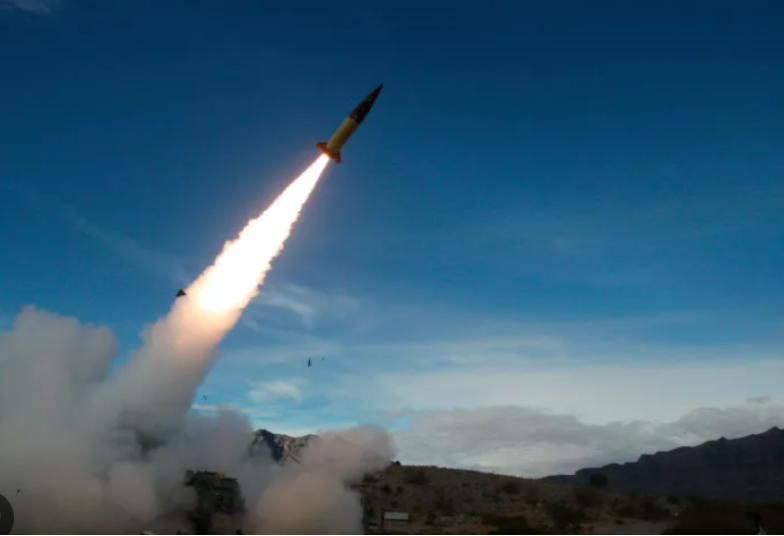
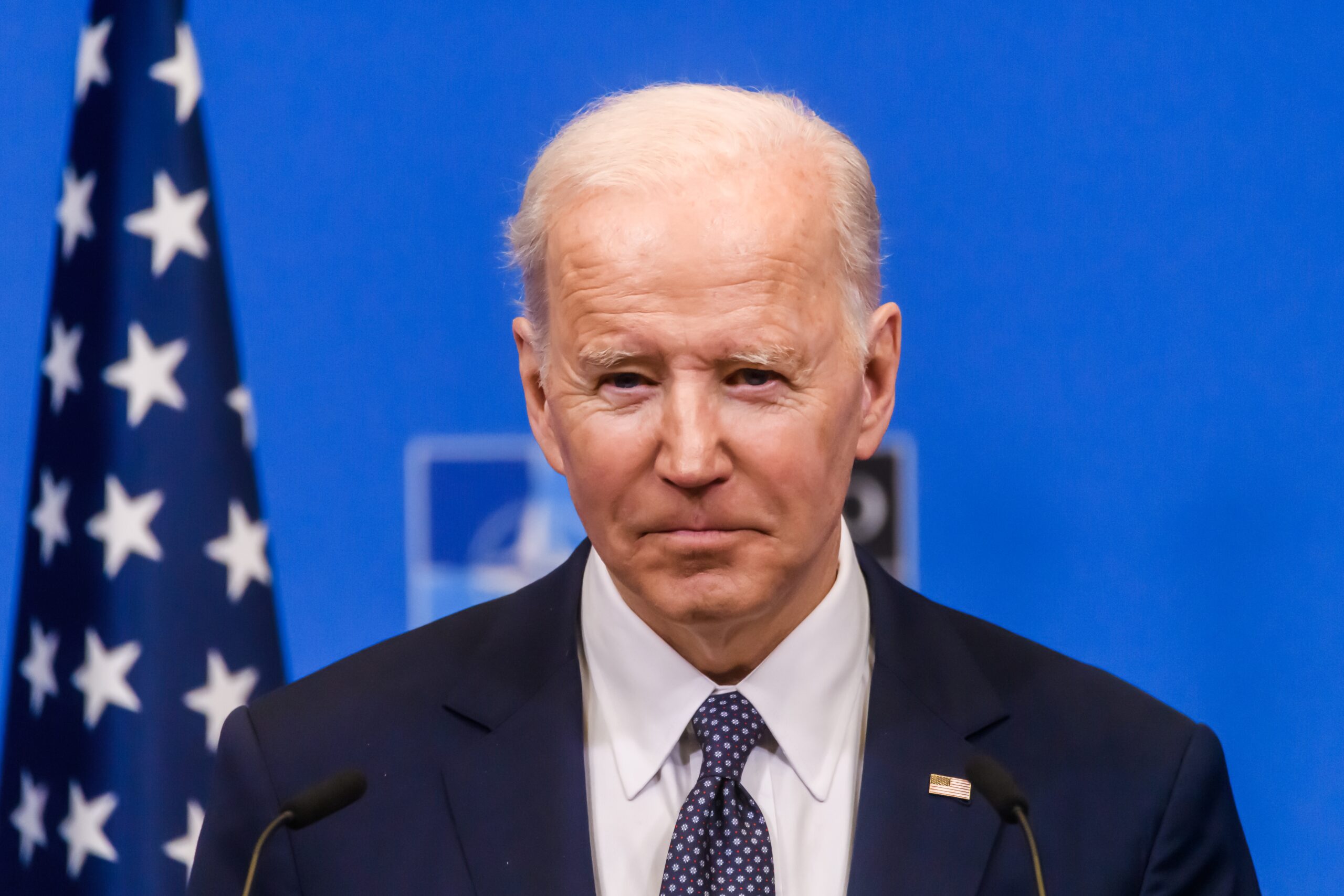
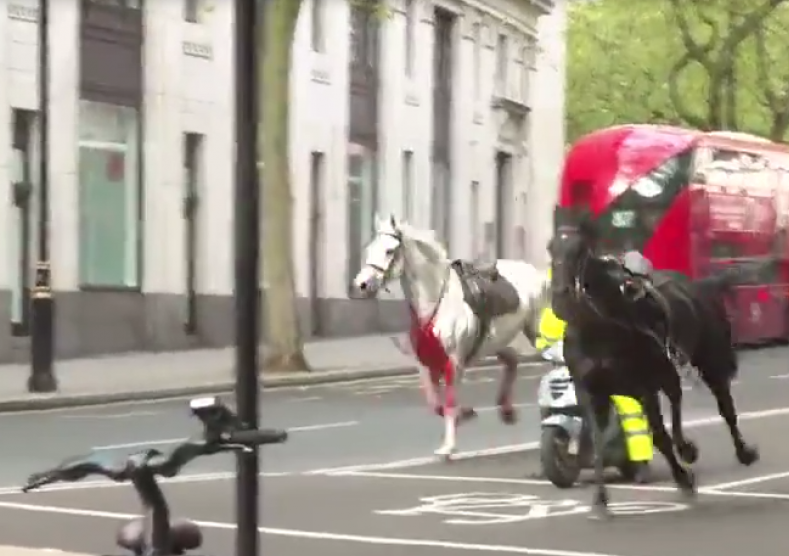
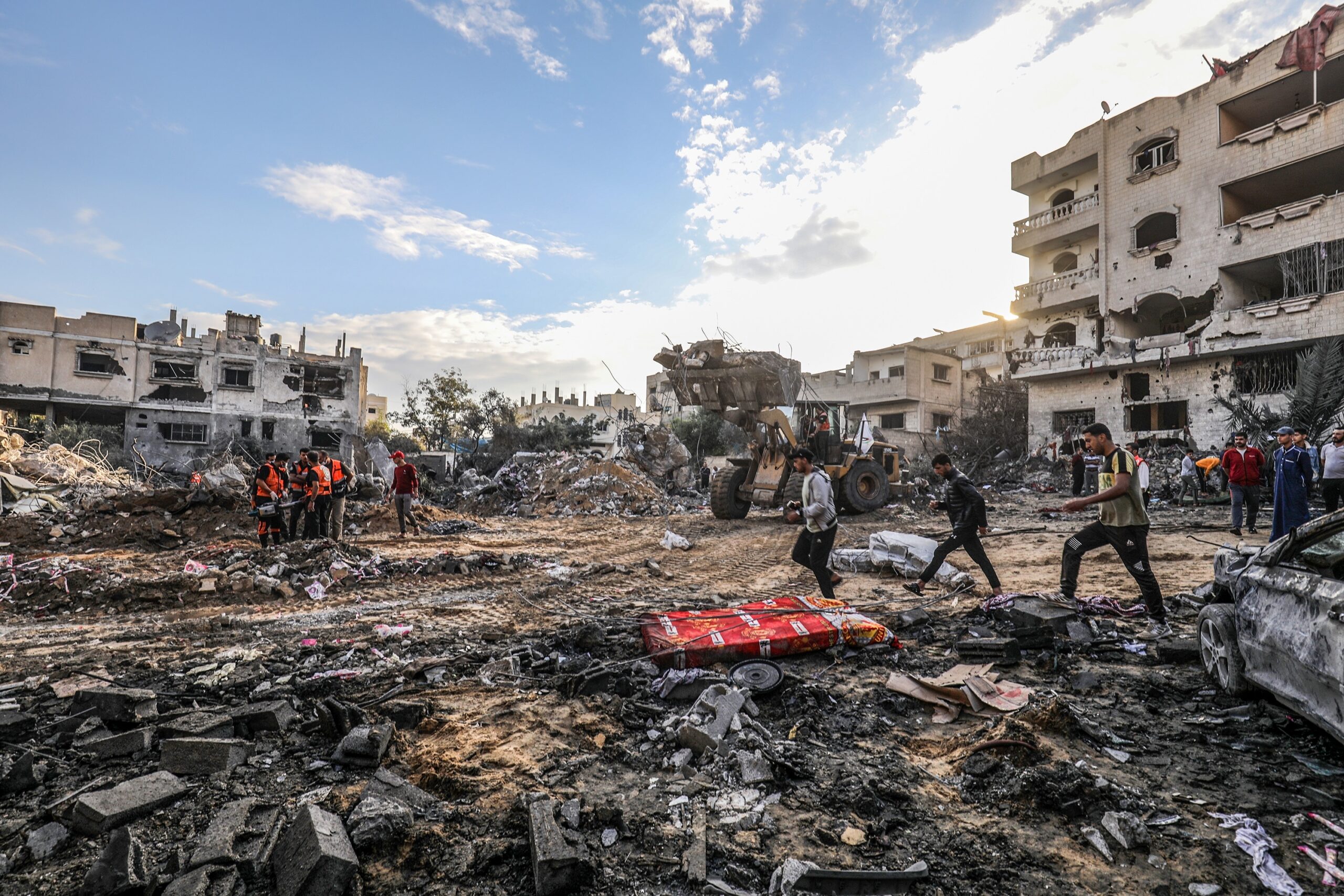
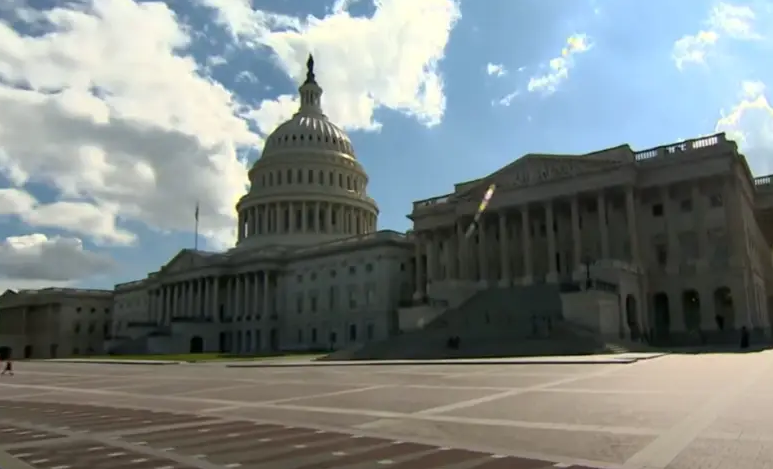
Leave a Reply